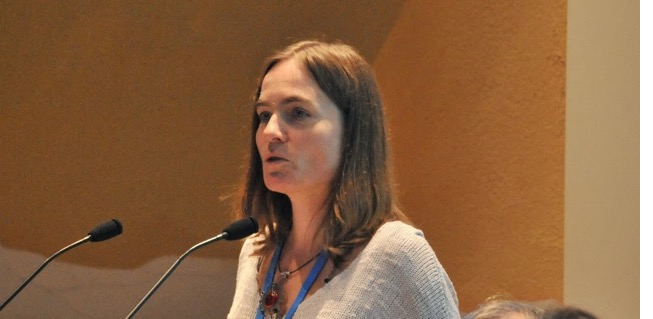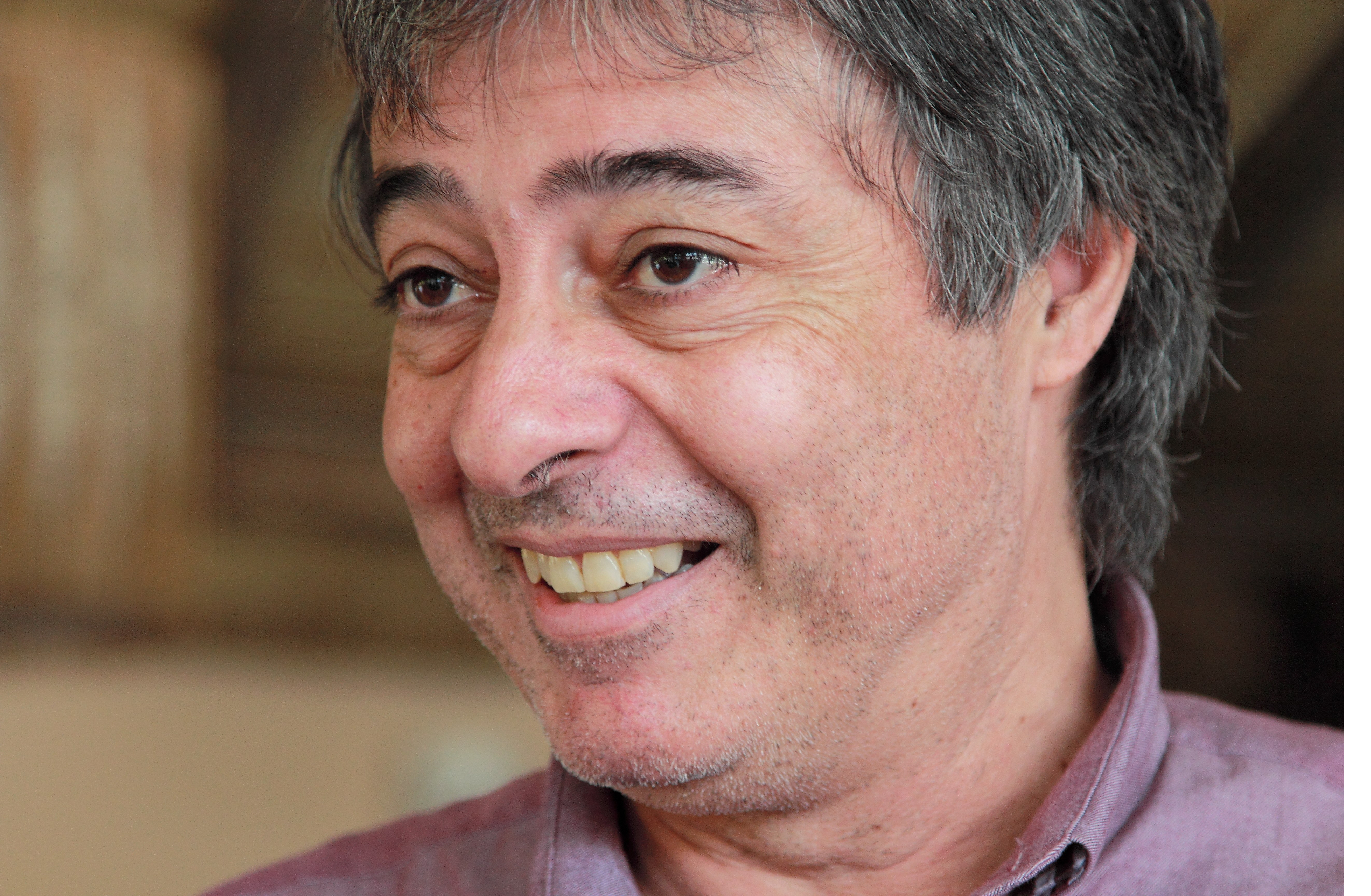Keynotes
 Sølvi Ystad (LMA/CNRS, Marseille, France)
Sølvi Ystad (LMA/CNRS, Marseille, France)
Sølvi Ystad received her degree as a civil engineer in electronics from NTH (Norges Tekniske Høgskole), Trondheim, Norway in 1992 and her Ph.D. degree in acoustics from the University of Aix-Marseille II, Marseille, France, in 1998. She was a visiting researcher at the Center for Computer Research in Music and Acoustics (CCRMA), University of Stanford from 2001 to 2002. She is currently Director of Research at the National French Research Center (CNRS) in the Laboratoire de Mécanique et d’Acoustique (LMA) in Marseille, France.
Her research activities consist in using an analysis-synthesis approach to better understand the link between sound signal structures and human perception and to develop new intuitive user interfaces for controlling synthesized sounds. This approach has incited her to evolve within a multidisciplinary network of collaborators from different horizons spanning from cognitive neuroscience and movement science to physics and signal processing.
 Pedro Rebelo (SARC/QUB, Belfast, United Kingdom)
Pedro Rebelo (SARC/QUB, Belfast, United Kingdom)
Pedro is a composer, sound artist and performer working primarily in chamber music, improvisation and sound installation. In 2002, he was awarded a PhD by the University of Edinburgh where he conducted research in both music and architecture.
Pedro has recently led participatory projects involving communities in Belfast and favelas in Maré, Rio de Janeiro. This work has resulted in sound art exhibitions at venues such as the Metropolitan Arts Centre, Belfast, Espaço Ecco in Brasilia and Parque Lage and Museu da Maré in Rio and MAC Nitéroi.
His writings reflect his approach to design and creative practice in a wider understanding of contemporary culture and emerging technologies. Pedro has been Visiting Professor at Stanford University (2007) and senior visiting professor at UFRJ, Brazil (2014). He has been Music Chair for international conferences such as ICMC 2008, SMC 2009, ISMIR 2012. At Queen's University Belfast, he has held posts as Director of Education and Acting Head of School in the School of Music and Sonic Arts and is currently Director of Research for the School of Creative Arts, including the Sonic Arts Research Centre. In 2012 he was appointed Professor at Queen's and awarded the Northern Bank's "Building Tomorrow's Belfast" prize.
 Jônatas Manzolli (NICS/UNICAMP, Campinas, Brazil)
Jônatas Manzolli (NICS/UNICAMP, Campinas, Brazil)
Jônatas Manzolli (BMUS, MMath, PhD), composer and mathematician, tenured professor at the University of Campinas (UNICAMP), Brazil, explores with passion and dedication the complex interplays between Art and Science. He worked throughout his career in international institutions, starting with his PhD at University of Nottingham, UK, and studies in algorithmic composition at the Sonology Institute, The Netherlands. He has been a guest researcher at the Institute for Neuroinformatics of the ETHZ in Switzerland, from 1998 to 2004, and a visiting professor at the Synthetic Perceptive, Emotive and Cognitive Systems Group at the Universitat Pompeu Fabra, Barcelona, since 2005. He also collaborates with the Input Devices and Music Interaction Laboratory of the McGill University. He has lectured and given concerts in Japan, Singapore, Austria, France, The Czech Republic amongst other countries.
His works using digital technology include collaboration with Paul Verschure in applications of Neuroinformatics technology in the RoBoser project (1998-2002), the sonification for the Ada: intelligent space that was presented at the Expo.02, Switzerland, with close to 500.000 visitors (2002), an interactive multimedia performance re(PER)curso (2007) premiered at the Museu d'art Contemporani, Barcelona, Spain, and the soundtrack of the Multimodal Brain Orchestra, premiered at the close session of the Science Beyond Fiction Conference in Prague (2009).
His research covers the dialogue between Science and Music, including the use of sound in alternative forms of knowledge building. As a consequence, some of his achievements have emphasized the delicate relationship between man and machine, including the use of artificial intelligence as an instrument within orchestra, digital interfaces, percussion and chamber music. His compositions also include chamber music and orchestral settings such as his Reflexões for Symphony Orchestra and interactive audiovisuals (2011), Cantoria for String Orchestra (2012), Reação em Cadeia for 21 Violoncellos (2013) and Salmo 23 for four Soloists, Choir and Orchestra (2015).
His recent development is the ChromaCronos interactive audio-visual system that was developed at the SPECS Group at the Centre for Neuro-Robotics and Autonomous Systems (N-RAS), Barcelona with a grant from the State of São Paulo Research Agency (FAPESP), starting in September 2015.